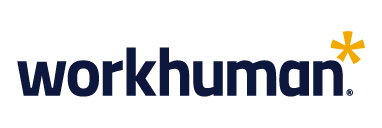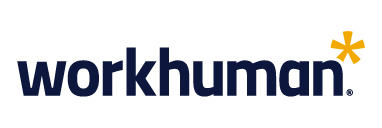HR leaders have always been essential to a thriving company and perhaps today more than ever as they are at the forefront of embedding ethics-driven values and rallying their workforce around a shared vision and mission.
With many organisations having spent the past year working in hybrid environments, this is especially important. In many ways, the work of HR leaders is also a key driver of performance and has the potential to radically evolve a culture for the better.
Here are three ways HR leaders can create, shape, and enrich their organisation’s culture – and drive business success long into the future.
1. Help align employees with your organisation’s mission, values, and goals.
HR leadership is uniquely poised to play a pivotal role in aligning the entire organisation to a shared purpose and vision. In fact, one of the most effective ways HR can impact organisational culture is through employee recognition.
As it turns out, a comprehensive, values-based employee recognition program can dramatically reinforce company values and put the power of gratitude to work, aligning your people and culture to a shared purpose. And, because employee recognition is designed with rewards that map to each value, it integrates those ideals into employees’ everyday thoughts and actions seamlessly.
It also enables each employee to understand, reinforce, and evangelise the values their organisation cherishes, leading to a self-driven culture.
2. Create an environment where continuous feedback is the lifeblood of performance development.
Promoting an environment in which open, honest, two-way feedback is embraced and nurtured is one of the most effective ways HR leaders can define their organisation’s workplace culture.
In organisations where true peer coaching and feedback are celebrated, employees are naturally more aligned with company values, as they support each other with real-time performance feedback that’s celebratory, instructive, and constructive.
By fostering a continuous performance management model within their organisation, HR leaders can help evolve a dynamic culture that celebrates peer coaching and feedback – one that lets every employee support, mentor, and reward one another. In fact, organisations see productivity gains of between five and 10% when employees are clear on what is expected of them.
This kind of culture helps align employees with company values – all while boosting employee engagement. And that, in turn, has a positive impact on both top and bottom lines: increased productivity, customer loyalty, sales, and profits.
3. Take the lead in promoting workplace diversity, equity, and inclusion.
While advancing workplace DE&I initiatives is “everyone’s job,” it is up to HR to demand the discussion and start the conversation. That said, HR has a historic opportunity to shape and enrich workplace culture by building a diverse, equitable, and inclusive workplace – one where every employee feels a sense of belonging.
In doing so, HR can impact critical aspects of the business – identity, values, recruitment, retention, mentorship, and productivity – and thus have a real and meaningful impact on the bottom line.
Here too, an employee recognition program can be an invaluable tool for HR leaders looking to lead the way in DE&I initiatives. These programs can offer deep insights into unconscious bias and engender greater feelings of inclusion, all while showing employees that diversity is valued in the workplace.
It is high time to have a more honest, candid and open conversation about DE&I than perhaps we’ve ever had in the past. The rewards of doing so will be significant.
We’ve all learned so much over the past year, and it’s now the perfect time to reflect, take stock, and use those lessons to help guide your development of an enriched workplace culture that benefits everyone.
Want to dive deeper? Get the tips.
Sarah Payne is senior content marketing manager at Workhuman











